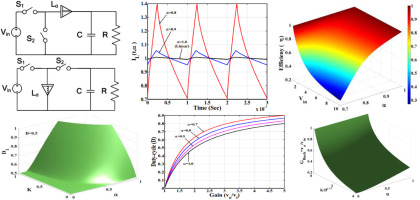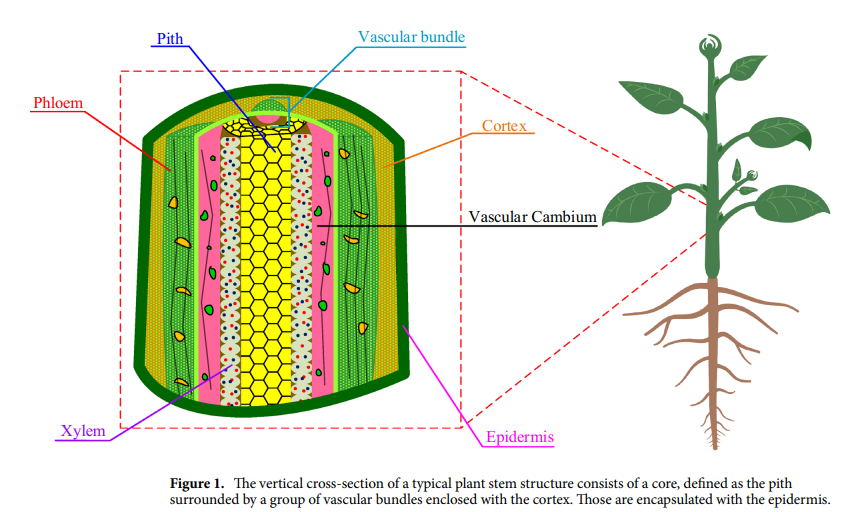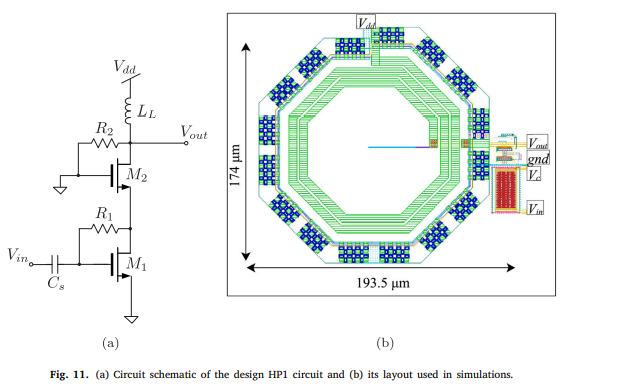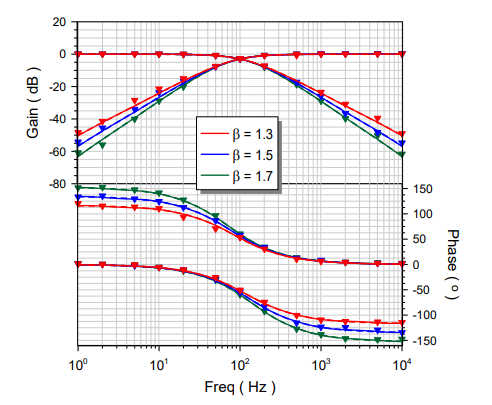
Modeling and analysis of fractional order DC-DC converter
Due to the non-idealities of commercial inductors, the demand for a better model that accurately describe their dynamic response is elevated. So, the fractional order models of Buck, Boost and Buck-Boost DC-DC converters are presented in this paper. The detailed analysis is made for the two most common modes of converter operation: Continuous Conduction Mode (CCM) and Discontinuous Conduction Mode (DCM). Closed form time domain expressions are derived for inductor currents, voltage gain, average current, conduction time and power efficiency where the effect of the fractional order inductor is found to be strongly present. For example, the peak inductor current at steady state increases with decreasing the inductor order. Advanced Design Systems (ADS) circuit simulations are used to verify the derived formulas, where the fractional order inductor is simulated using Valsa Constant Phase Element (CPE) approximation and Generalized Impedance Converter (GIC). Different simulation results are introduced with good matching to the theoretical formulas for the three DC-DC converter topologies under different fractional orders. A comprehensive comparison with the recently published literature is presented to show the advantages and disadvantages of each approach. © 2017 ISA



